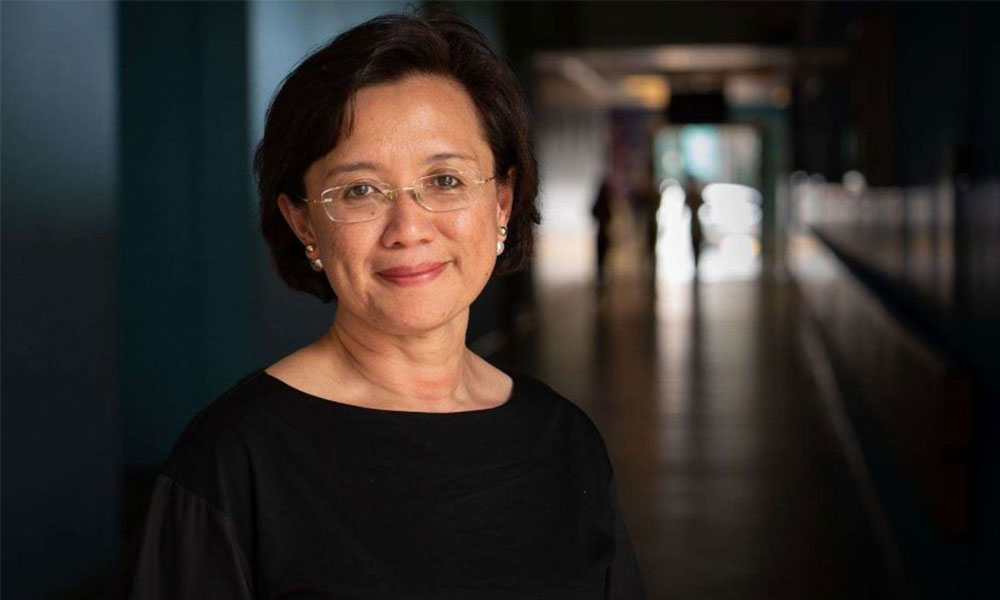Ongoing reforms to the Malaysian health system is hoped to address gaps identified from managing the Covid-19 pandemic and studying its potential long-term impacts, according to experts.
Special advisor to the prime minister on public health, Dr Jemilah Mahmood (above), said the Covid-19 pandemic has exposed shortcomings within the system and provided an opportunity to propose needed improvements.
"I have been very lucky to have Dr Adeeba working with me on transforming the healthcare system.
"We've just completed Phase 1. A really honest look into our health system, what needs to change," said Jemilah in reference to Universiti Malaya Medical Centre Covid-19 taskforce chairperson Dr Adeeba Kamarulzaman.
Jemilah, Adeeba and Sungai Buloh Hospital infectious disease consultant Dr Yasmin Mohamed Gani, who leads a team of frontliners at Malaysia's main Covid-19 treatment facility, were panellists in an online discussion on "long Covid" or a range of symptoms that lingers after a patient's recovery.
Among others, Jemilah said a transformed health system would see more integration between public and private healthcare facilities, particularly on a patient's data management.
"If you go to a general practitioner, which is a primary provider for many people in Malaysia, there is a huge disconnect.
"Sometimes you get admitted to a hospital and your GP has no idea what happened to you and vice-versa," she said.
The panellists identified long Covid as a range of symptoms that could require attention from several specialists and Jemilah said there is a shortage of experts in certain areas.
"Like what Dr Yasmin said, we need rehab physicians. We don't have many rehab physicians and it's a real gap.
"People become surgeons and others but very few became occupational health experts, rehab experts, geriatricians," said Jemilah, adding that investments must be made to train the needed specialists.

Both Yasmin and Adeeba highlighted that more local studies are needed to better understand the long-term impact of Covid-19 on recovered patients.
This was done through the work of their respective teams at Sungai Buloh Hospital and UMMC to follow up with recovered Covid-19 patients.
While it was initially thought that only patients who recovered from severe Covid-19 infections would suffer from lingering symptoms, Yasmin said up to 70 percent of 2,000 recovered patients reported signs of fatigue.
On the other hand, she said follow-ups with 740 recovered patients found that 1.4 percent reported a persistent loss of smell and taste.
"It is (a) rare (lasting symptom) but definitely there," she said.
Other reported lasting symptoms include shortness of breath and persistent cough linked to the impact of the virus on a patient's respiratory system.
'Impact on mental health'
Meanwhile, Jemilah also highlighted the potential long-term impact of diseases such as Covid-19 and HIV on a person's mental health, partly due to society's stigma attached to the infections.
"There is that degree of stigmatisation and also guilt if transmitted to a vulnerable population.
"People should be aware they need that long-term support," she said.
Yasmin expressed confidence that the country's integrated healthcare system will be able to absorb additional impact from long Covid.
At the same time, she said measures must be taken to relieve the heavy stress due to acute Covid-19 cases.
Health Minister Dr Adham Baba today said current hospital bed capacity, including repurposed beds in Klang Valley hospitals, has passed 85 percent usage. - Mkini




No comments:
Post a Comment
Note: Only a member of this blog may post a comment.